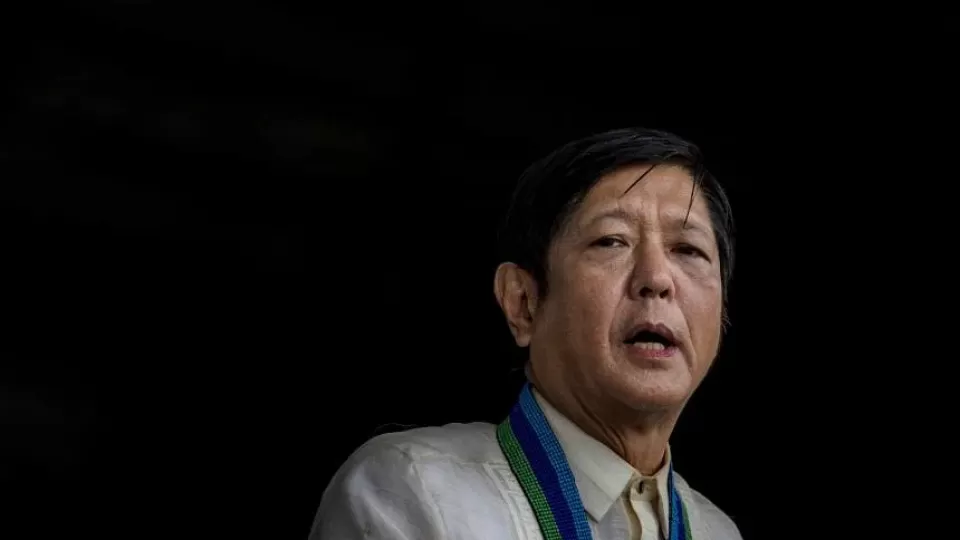January 19, 2023
MANILA, Philippines — During the 2023 World Economic Forum (WEF) annual meet in Davos, Switzerland, President Ferdinand “Bongbong” Marcos Jr. presented the state of the Philippine economy, telling investors about initiatives being undertaken to ensure the country’s continued recovery and making it more conducive for business.
He gave the presentation during the Country Strategy Dialogue at the WEF in Davos, Switzerland on Tuesday, according to the Presidential Communications Office (PCO).
The PCO said Marcos cited an International Monetary Fund (IMF) projection for the 2023 global economic growth, which will only be at 2.7 percent, slower than the 3.2 percent posted last year.
This figure is a significant decrease from the 6 percent recorded in 2021.
“But for the Philippines, we project our economy to grow by around 7.0 percent in 2023. Our strong macroeconomic fundamentals, fiscal discipline, structural reforms and liberalization of key sectors instituted over the years have enabled us to withstand the negative shocks caused by the pandemic and succeeding economic downturns and map a route toward a strong recovery,” Marcos said, as quoted by the PCO.
“We have seen inflation accelerating globally in recent months… We are mindful that while protectionist policies may be appealing, even necessary in the short term, there will ultimately be no long-term winners,” he added.
The President also said the Philippines joins the call for all governments to unwind any trade restrictions, and the country will reinforce its commitment to the World Trade Organization (WTO) reform.
Countries, Marcos said, also need to ensure that sufficient welfare measures are in place to cushion the impact of elevated inflationary pressures, especially towards the most affected and vulnerable sectors.
He also reiterated the Philippines’ support for the timely and effective delivery of practical, workable outcomes and encourage economies to continue finding common ground in critical global issues.
The President said the Philippines continues to focus on sustaining recovery, promoting a local environment that will nurture businesses by helping them maximize their competitiveness and facilitate their entry into the global market.
He also stressed the importance of economic and technical cooperation to assist the development of smaller economies and enable their participation, especially of small businesses and economic segments with untapped potential in the global economy.
Marcos also touted how the Philippines’ development plan comes up with strategic measures to quicken economic and social recovery toward inclusive and resilient development.
“The government also recognizes the importance of digitalization as a key driver for long-term economic growth and as a tool for economic transformation,” the President said, promising to empower and enable micro, small and medium enterprises (MSMEs) to participate in the digital economy.
“We have begun large-scale deployment of digital connectivity across the Philippines to ensure universal connectivity, particularly in geographically isolated and disadvantaged areas,” he added.
The President also underscored the importance of education, skills development and lifelong learning to enhance the employability of workers as he emphasized the need to address the current social vulnerabilities.
Government interventions and public-private partnerships (PPPs), he said, must be strengthened to improve access to employment opportunities.
Health systems and social protection must also be enhanced to abate and mitigate present and future risks.
Also present during the country dialogue were House Speaker Martin Romualdez, Finance Secretary Benjamin Diokno, Trade Secretary Alfredo E. Pascual, and Socioeconomic Planning Secretary Arsenio M. Balisacan.
Joo-Ok Lee, the head of the Regional Agenda – Asia-Pacific, and member of the Executive Committee at the World Economic Forum, acted as moderator.


